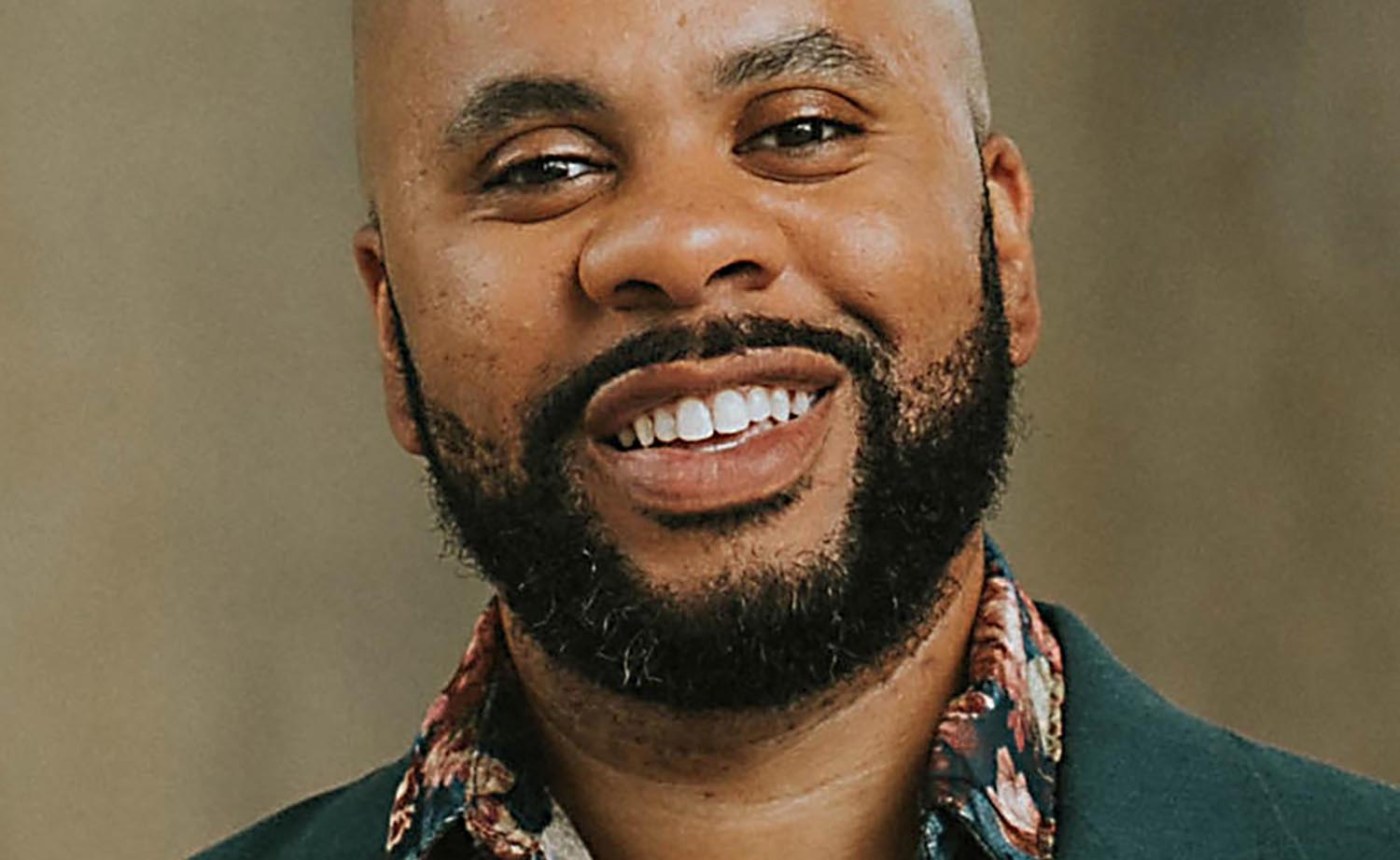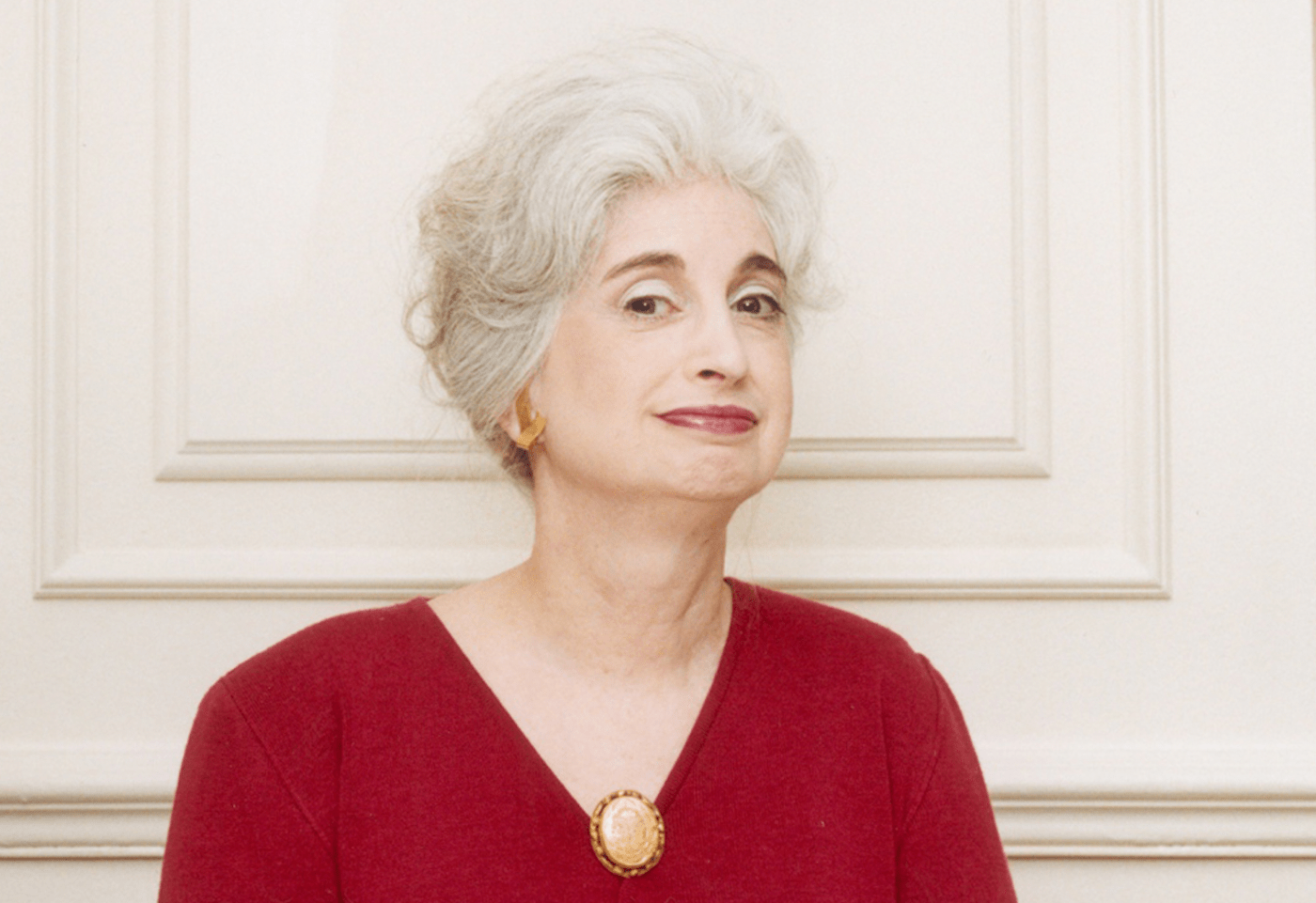Santa Clara County was poised to follow in the footsteps of San Francisco and the state of California and repeal a restriction on travel to states with anti-LGBTQ+ laws, but at Tuesday’s board meeting county officials reversed course and removed the item from the agenda — while also acknowledging the policy has not been as effective as they’d hoped.
The county adopted the policy in 2015 following Indiana’s passage of the Religious Freedom Restoration Act, which opponents saw as a mechanism for business owners to deny services and discriminate against members of the LGBTQ+ community. Santa Clara County’s restriction is less strict than policies passed in other cities — instead of an all-out travel ban, the county executive has the power to approve or deny county-funded travel.
But in a memo released ahead of the Board of Supervisors meeting, County Executive James Williams wrote that the impact has been “minimal,” and that it has created an administrative burden — requests to travel to states with anti-LGBTQ+ laws have typically been approved, since they were required for county business. He said it hasn’t created the “desired economic disincentive” and instead, “may even have galvanized some states and localities with values contrary to the county’s to adopt discriminatory laws.”
The county said that the number of states with discriminatory laws has grown from just a few to 26 in the last decade. There are currently 577 anti-LGBTQ+ bills in state legislatures across the country, according to the ACLU.
The county said the item will not return to the board for reconsideration. Rather than repeal the restriction for being burdensome on operations, the plan is to make it easier to deal with requests for exemptions.
“We’ll be proceeding administratively to streamline the process to address the concerns regarding the administrative inefficiency of the current process,” Williams told supervisors on Tuesday after officials pulled the item.
Santa Clara County’s decision to keep some sort of travel restriction on the books comes two years after San Francisco repealed a similar policy. The city had an all-out boycott on traveling to and doing business with companies in states with anti-LGBTQ+ laws. The repeal came after officials — including State Sen. Scott Wiener, who authored the policy when he was a supervisor — admitted that it didn’t have the intended impact and prevented them from working with companies owned by women, people of color and members of the LGBTQ+ community.
California followed suit in September 2023 when Gov. Gavin Newsom signed Senate Bill 447 into law, ending the ban on publicly funded travel to these states and instead launch a messaging campaign promoting civil rights and discouraging discrimination. The 26 states on California’s travel ban list had created problems for some lawmakers who would either skip events altogether or use campaign funds to cover the cost.
Related Articles
SJSU’s Blaire Fleming sheds light on her tumultuous senior season as a trans athlete
Minnesota attorney general files preemptive lawsuit against Trump on transgender sports ban
Bay Area Catholics remember Pope Francis
Kristen Stewart revealed secret wedding plans to Howard Stern
Pope Francis’ legacy remembered in Bay Area for LGBTQ, immigration, environmental stands
At the time, Newsom said that the bill was an “important measure that enables California to continue taking a stand for the rights of LGBTQ+ people throughout the country and combating intolerance and hate with empathy and allyship.”
Santa Clara County has been a leader in LGBTQ+ rights over the years. In 2016, they became the first county in the nation to establish an Office of LGBTQ Affairs. The office has worked on initiatives like the Gender Health Center at Santa Clara Valley Medical Center — the only clinic in the South Bay that specializes in care for transgender individuals — and New Haven Inn, a San Jose shelter for members of the LGBTQ+ community who are homeless.
In light of the Trump administration’s attack on trans people, the county last month decided it would fly the transgender flag in front of the county building 365 days a year.
Drew Lloyd, the board president of BAYMEC — a pro-LGBTQ+ political action committee in the Bay Area — said in a statement that the organization stands by the policy’s intent, but recognizes that “it has not achieved the impact we had hoped for and, in some cases, has resulted in unintended consequences that can no longer be ignored.”
“Santa Clara County and our Board of Supervisors have long led the nation on LGBTQ+ issues,” Lloyd said. “We support thoughtful adjustments to policy while remaining steadfast in fighting back against the despicable attacks our community is facing out of Washington.”





